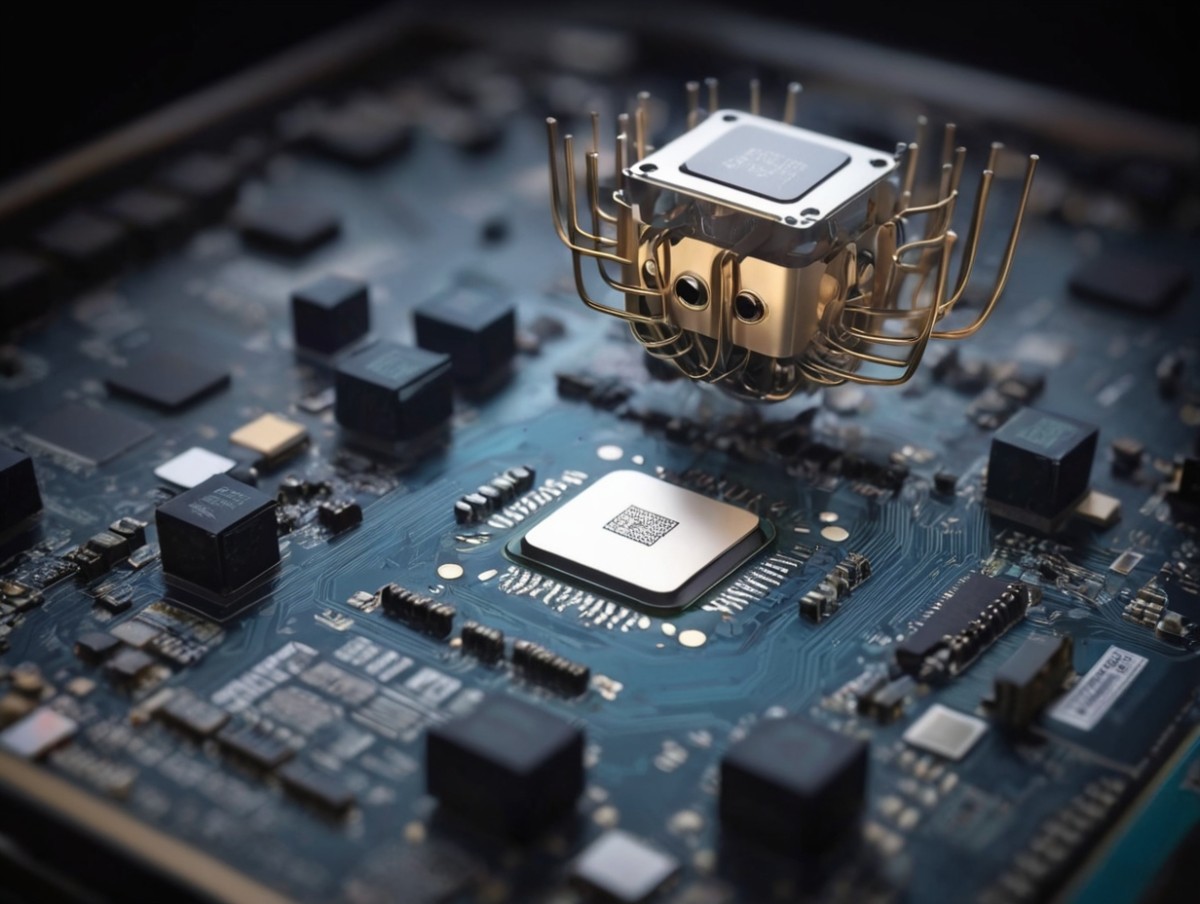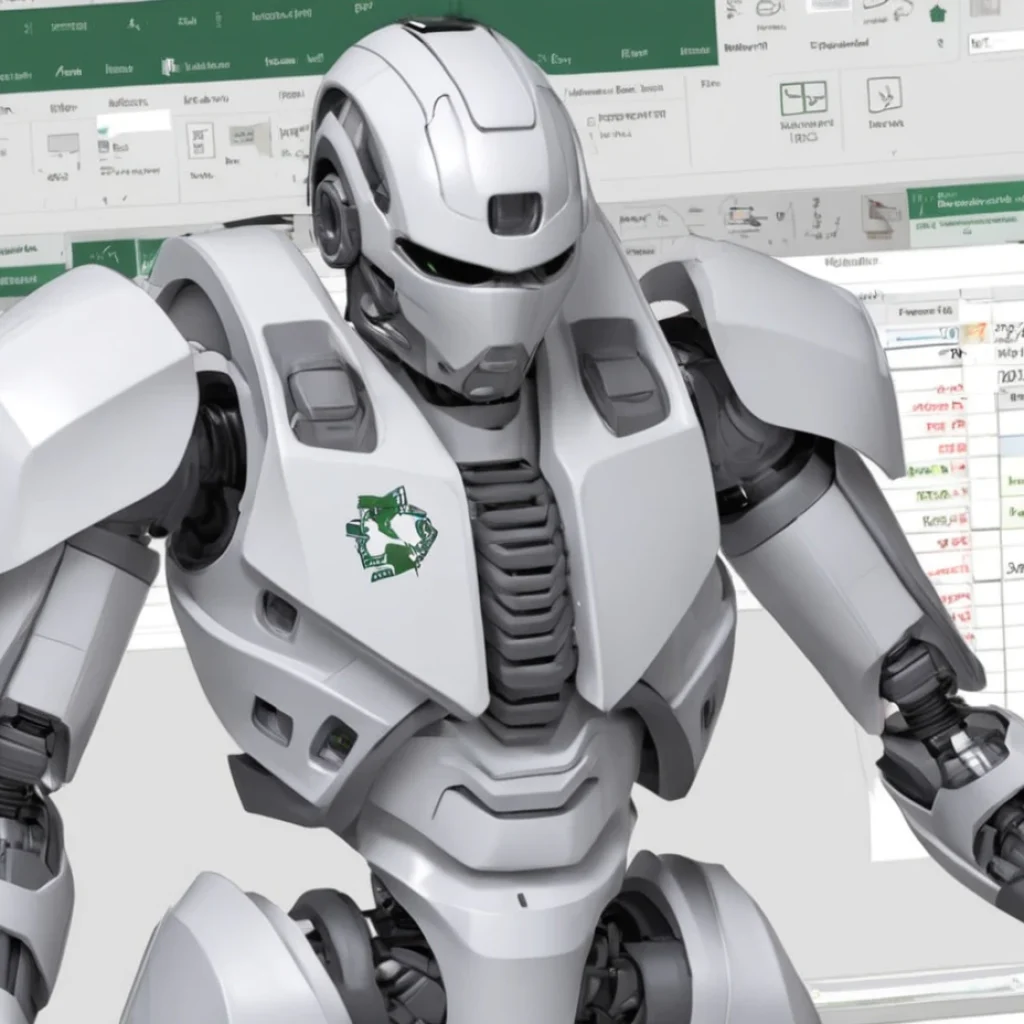The burgeoning surge in the stocks of leading chipmakers, notably Nvidia and ASML, has signaled a bullish optimism in the equity markets about the onset of a new technological epoch. With Nvidia’s market capitalization eclipsing the US$2 trillion mark, positioning it as the third most valuable company in the United States, and ASML, a Netherlands-based entity, inching towards a US$400 billion valuation, the narrative of an imminent artificial intelligence (AI) revolution seems to be gaining ground.
This enthusiasm is not unfounded; the remarkable capabilities of generative AI, exemplified by innovations like OpenAI’s ChatGPT, are envisioned to catalyze unprecedented productivity enhancements across various sectors, including healthcare and medical treatment.
Equity markets bet on AI revolution
The ascent of Nvidia and ASML in the stock market is not merely a reflection of their current financial health but a testament to the broader anticipation surrounding AI’s transformative potential. Nvidia’s graphics processing units (GPUs) and ASML’s chipmaking tools are pivotal in this narrative, laying the groundwork for advanced digital technologies and AI applications that are capturing the imagination of Silicon Valley and beyond. This optimism, however, comes with its share of caveats and considerations.
The dual-edged sword of AI
While the transformative promise of generative AI is undeniable, it is imperative to recognize the multifaceted implications of such technological advancements. For many, the rapid development and integration of AI technologies herald not only productivity gains but also significant ethical, security, and employment challenges. The potential for large-scale job displacement cannot be overlooked, as AI and automation technologies become increasingly capable of performing tasks traditionally reserved for human workers.
Moreover, the ethical and security concerns related to AI are substantial. From questions about data privacy and surveillance to the potential misuse of AI technologies, the path forward is fraught with challenges that demand careful consideration and regulation. As such, while the stock market’s enthusiasm reflects a genuine belief in AI’s potential, it also underscores the need for a balanced approach that takes into account the broader societal implications.
Global reach and inequality
Another critical aspect of the AI revolution is its uneven impact across different geographies. Despite the significant benefits AI promises, there is a growing concern that these advantages will not be uniformly distributed. Developing countries and poorer regions may find themselves on the periphery of this technological transformation, with the benefits taking years to materialize fully. This disparity raises important questions about global inequality and the measures necessary to ensure that the AI revolution does not exacerbate existing divides but instead contributes to a more equitable technological future.
As the world stands on the cusp of what many believe to be a technological revolution, the surge in chipmakers’ stock is both a symbol of hope and a reminder of the complexities that lie ahead. The journey towards realizing the full potential of AI will be intricate, requiring not just technological innovation but also ethical consideration, regulatory foresight, and a commitment to reducing inequality. The stock market’s current optimism, while encouraging, should not distract from the nuanced reality of AI’s impact on society.
In essence, the AI revolution offers a promising but complex future. Stakeholders across the spectrum, from investors to policymakers, must navigate this terrain with a keen awareness of both its potential and its pitfalls. The journey ahead is as much about technological advancement as it is about ethical stewardship and social responsibility.





